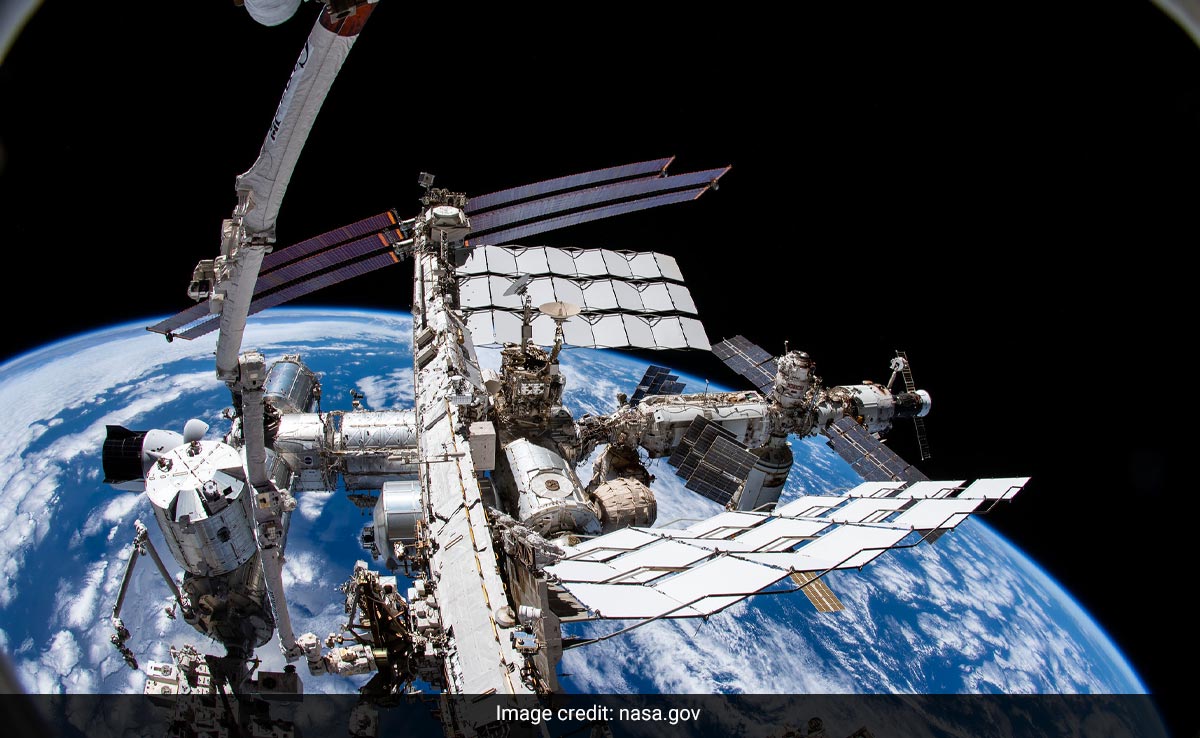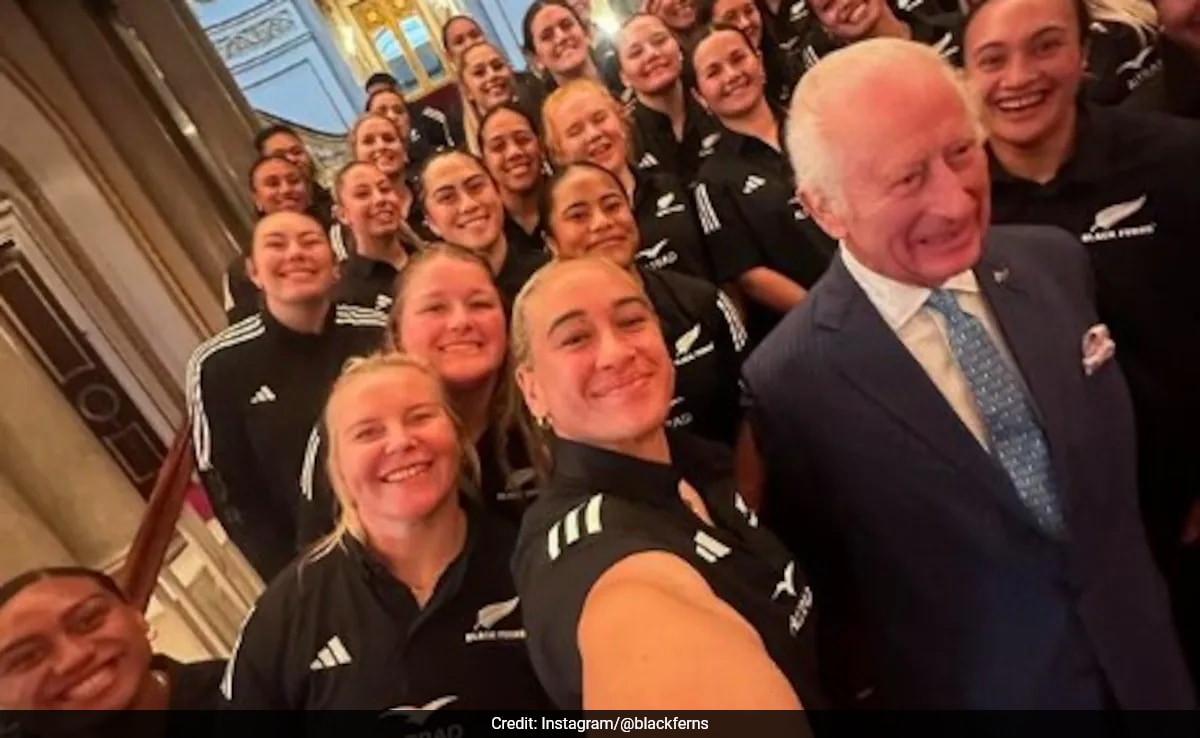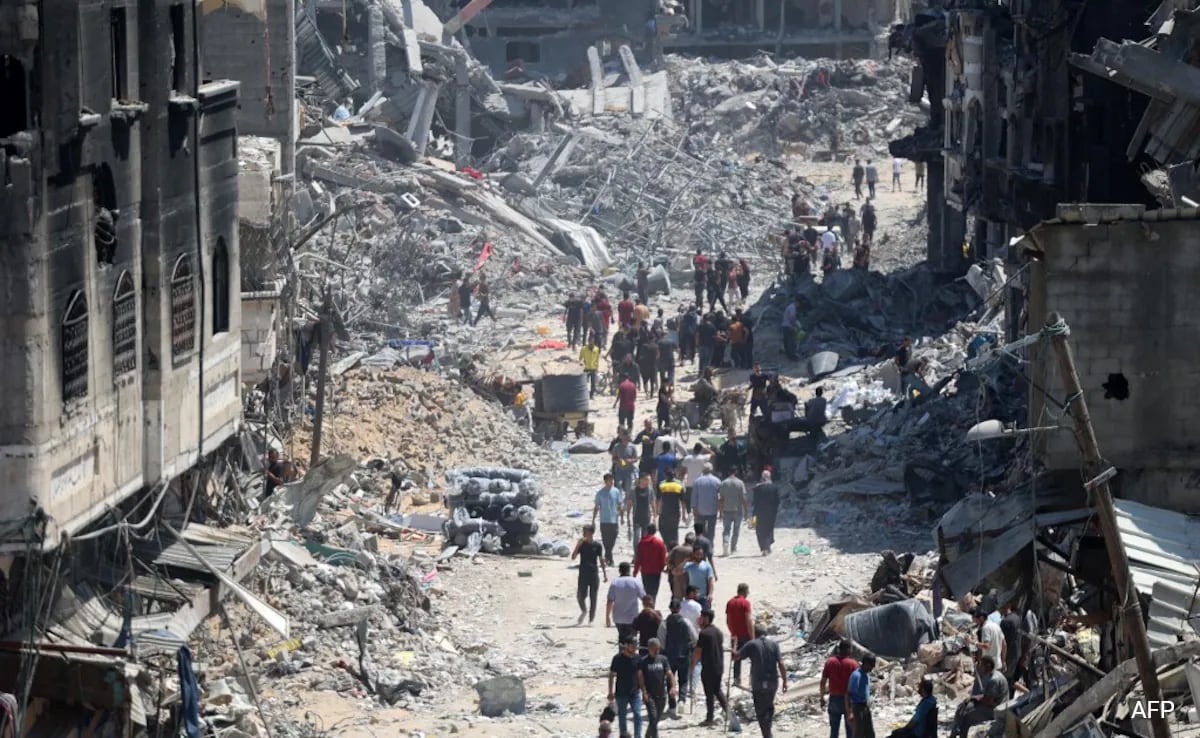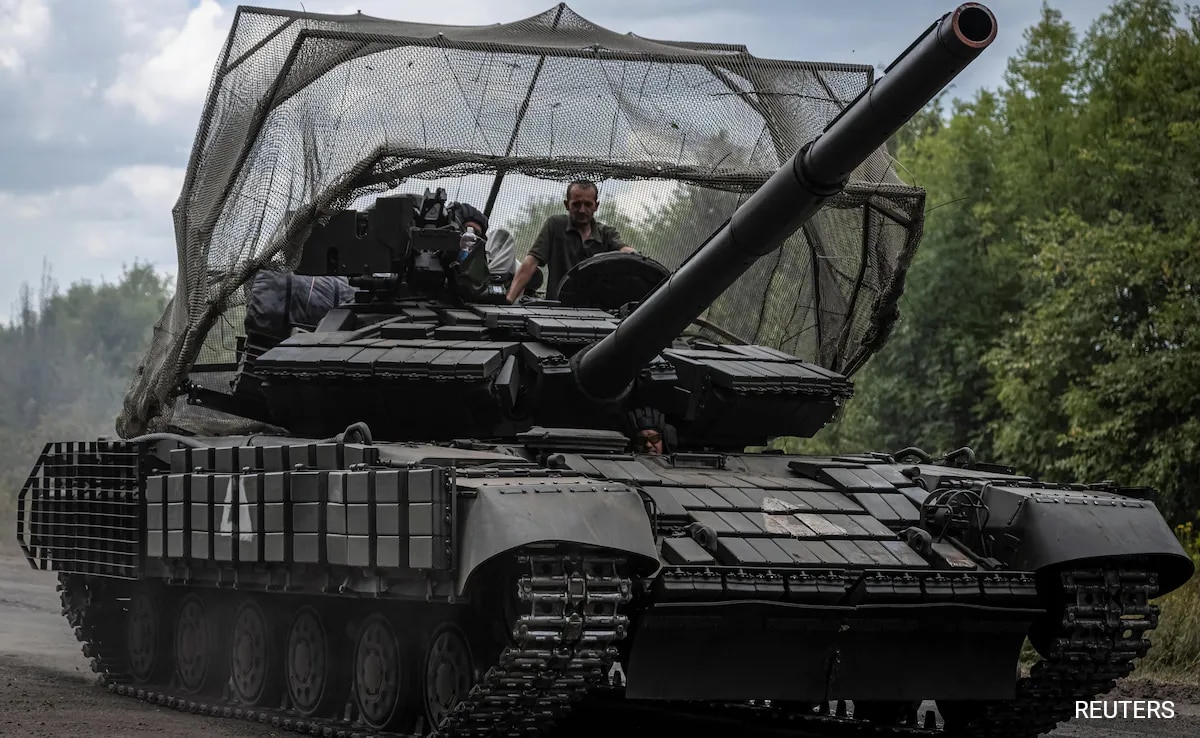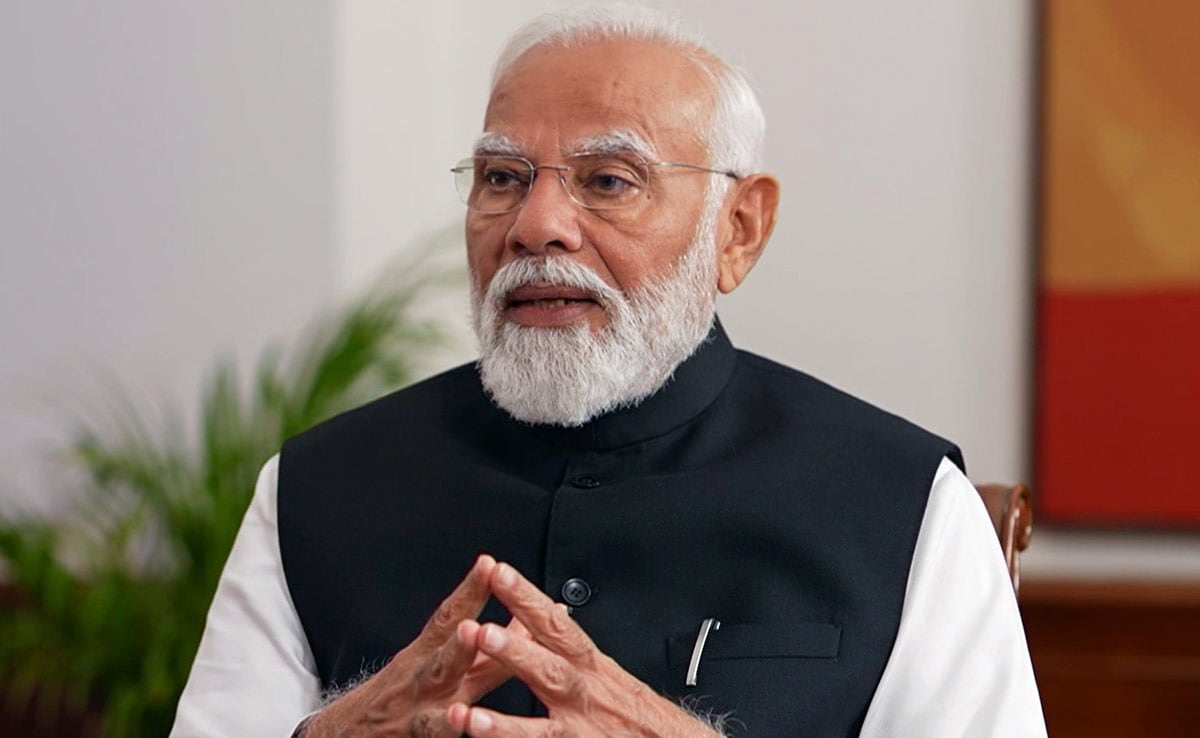People walk next to the logo of COP29 United Nations climate change conference, in Baku, Azerbaijan November 23, 2024.
| Photo Credit: Reuters
India strongly objected to a climate finance deal agreed at the United Nations COP29 summit on Sunday (November 24, 2024), but their objection was raised after the deal was formally adopted by consensus.
“I regret to say that this document is nothing more than an optical illusion. This, in our opinion, will not address the enormity of the challenge we all face. Therefore, we oppose the adoption of this document,” Indian delegation representative Chandni Raina told the closing plenary session of the summit.
Meanwhile, Nigeria backed India’s stance and termed the finance deal a “joke”.
Earlier, developed countries made a final offer of $300 billion annually by 2035 to help developing countries tackle climate change, hours after two groups of the world’s most climate-vulnerable countries stormed out of the negotiating room at COP29.
The $300 billion figure, however, is a far cry from the $1.3 trillion the Global South has been demanding in the three years of talks.

The offer is part of the draft deal on a new climate finance package for developing nations, or the New Collective Quantified Goal (NCQG), which will be put before countries for approval in a plenary session shortly.
The new amount will replace the $100 billion figure pledged in 2009.
The draft deal also introduces the Baku to Belem Roadmap, an important request for Africa and other developing country groups to lay out a meaningful process towards aligning the global finance system with achieving the USD 1.3 trillion goal by 2035.
Also Read: Paying ‘huge costs’ for climate action: India at COP29
Issued after tiring, mind-numbing negotiations that continued for an extra day, it said countries would marshal a total of $300 billion per year by 2035 from a wide variety of sources — public and private, bilateral and multilateral, including alternative sources.
There are references to Article 9 of the Paris Agreement explicitly, which makes clear that leadership in finance should be taken by developed countries.
The previous draft referred to Article 9.3, under which developed countries do not have a legal obligation to do so.
The $1.3 trillion figure is in the document, but it calls on “all actors”, including public and private, to “work together” to reach this level by 2035.
It does not place the responsibility solely on developed countries.
It encourages developing countries to make additional contributions, including through South-South cooperation, to the goal but doesn’t mention any specific amounts for least developed countries and small island states or for loss and damage.
The talks were thrown into turmoil after negotiators from the Least Developed Countries (LDC) group and the Alliance of Small Island States (AOSIS) walked out of the meeting of the heads of delegation, saying they were being “ignored” during consultations.
The LDCs said they were not consulted on the draft, which lacked a minimum financial allocation for them.
“Small Island Developing States and LDCs are among the very worst impacted by this climate crisis that we did not cause. Yet we have found ourselves continuously insulted by the lack of inclusion; our calls are being ignored,” the AOSIS said in a statement.
Countries were required to reach an agreement on the new climate finance package for the developing world at the UN climate conference in Baku.
Developing nations have repeatedly said they need at least $1.3 trillion annually — 13 times the $100 billion pledged in 2009 —starting from 2025 to meet their escalating climate challenges.
(With inputs from PTI, Reuters)
Published – November 24, 2024 03:35 am IST




